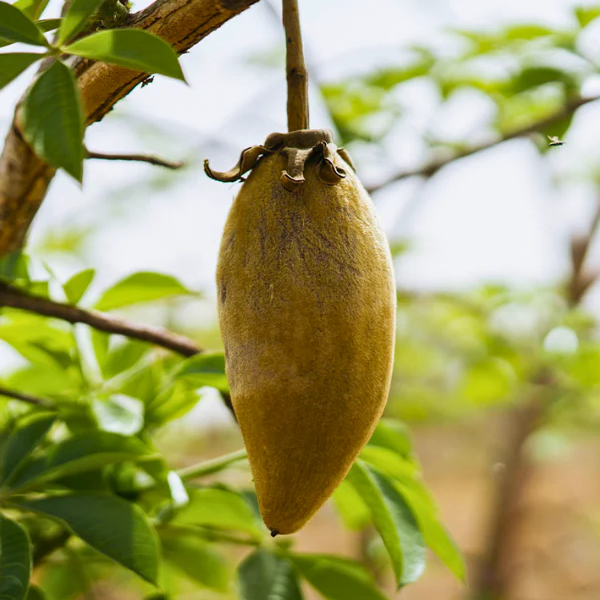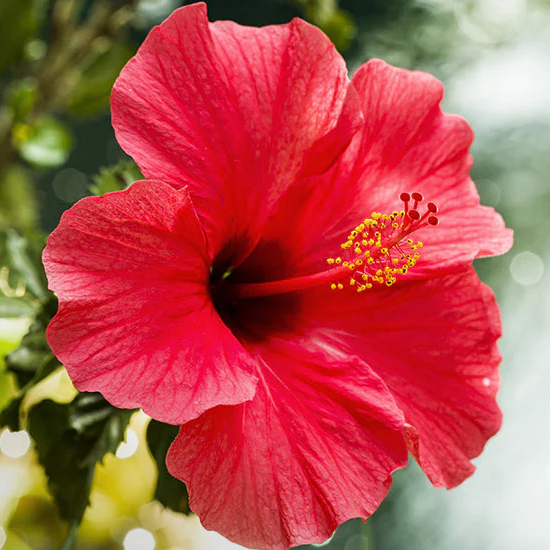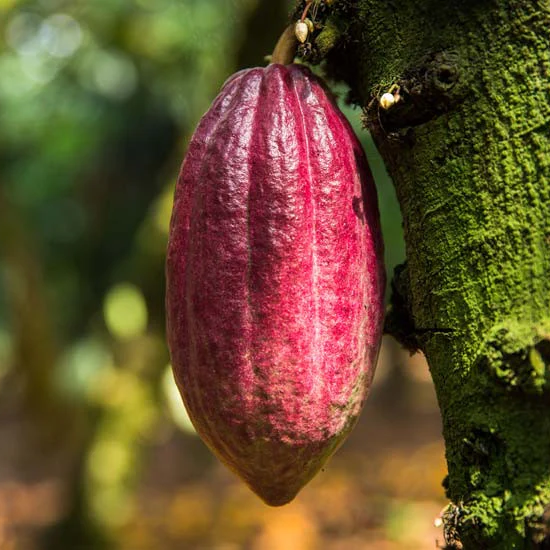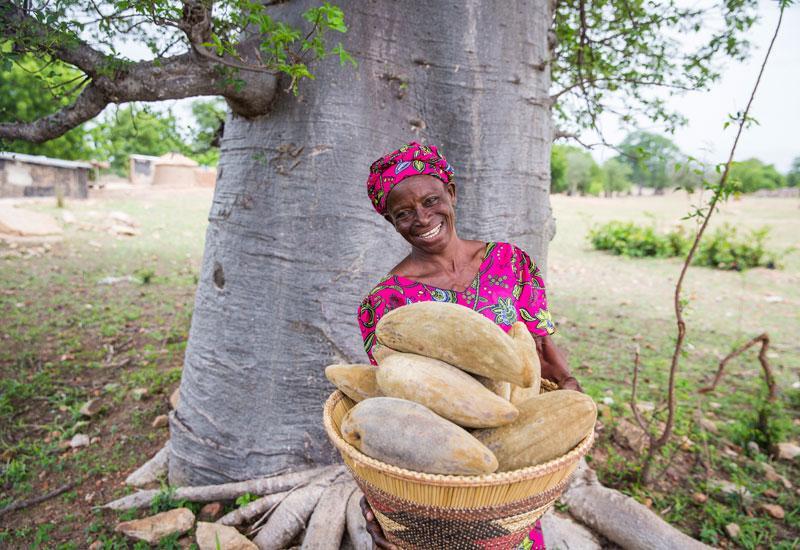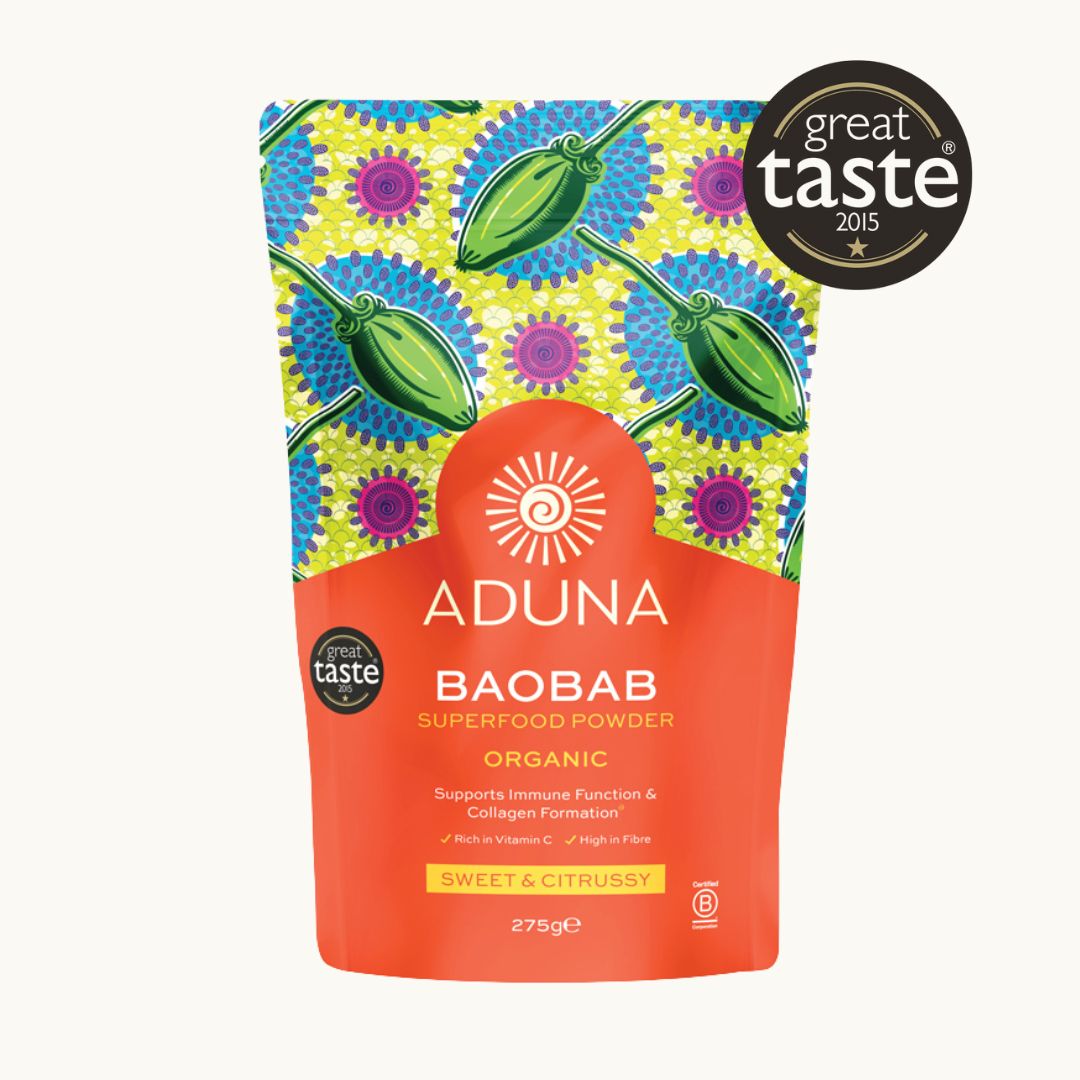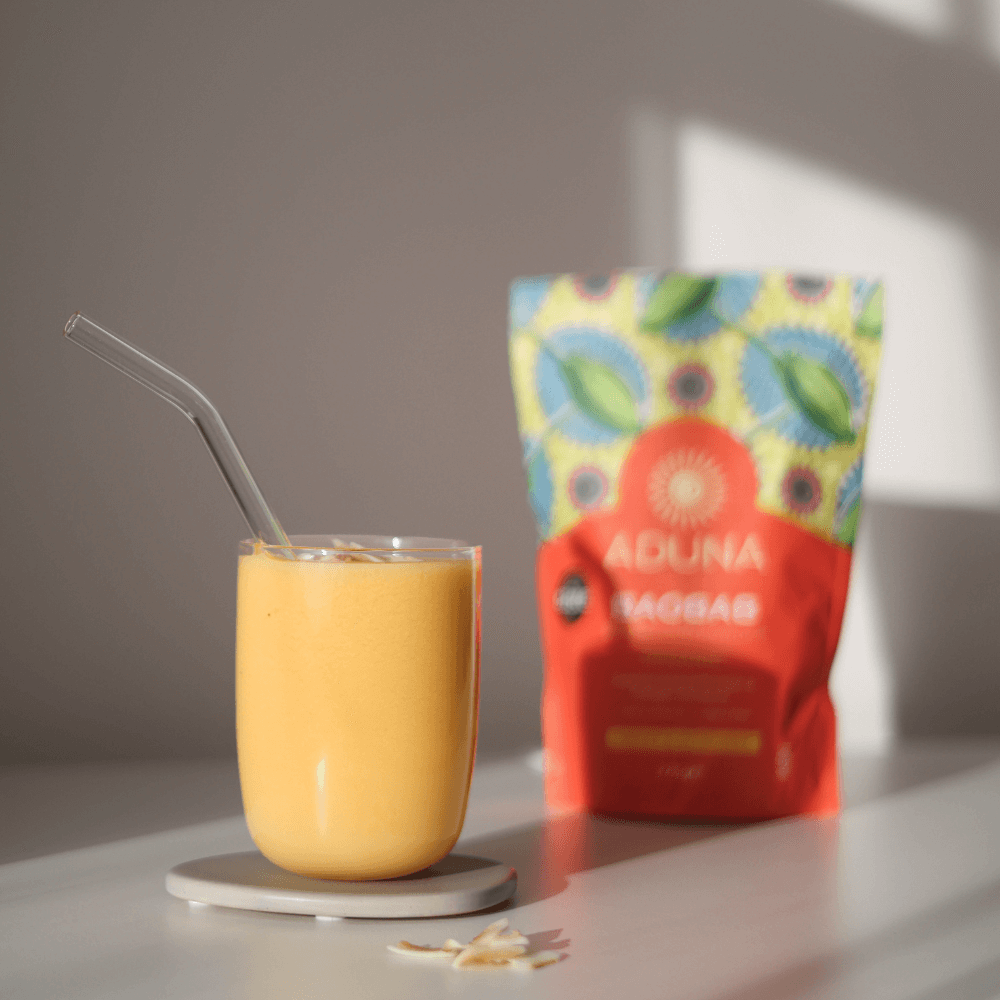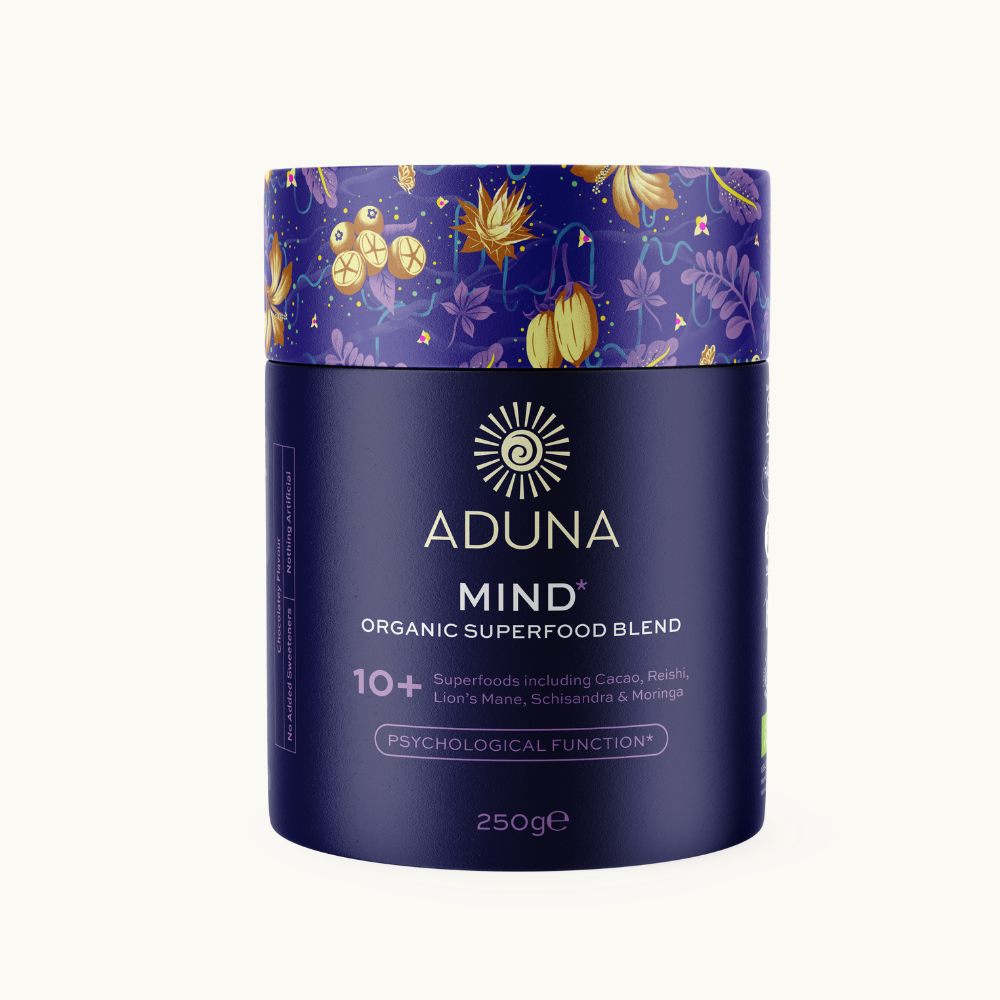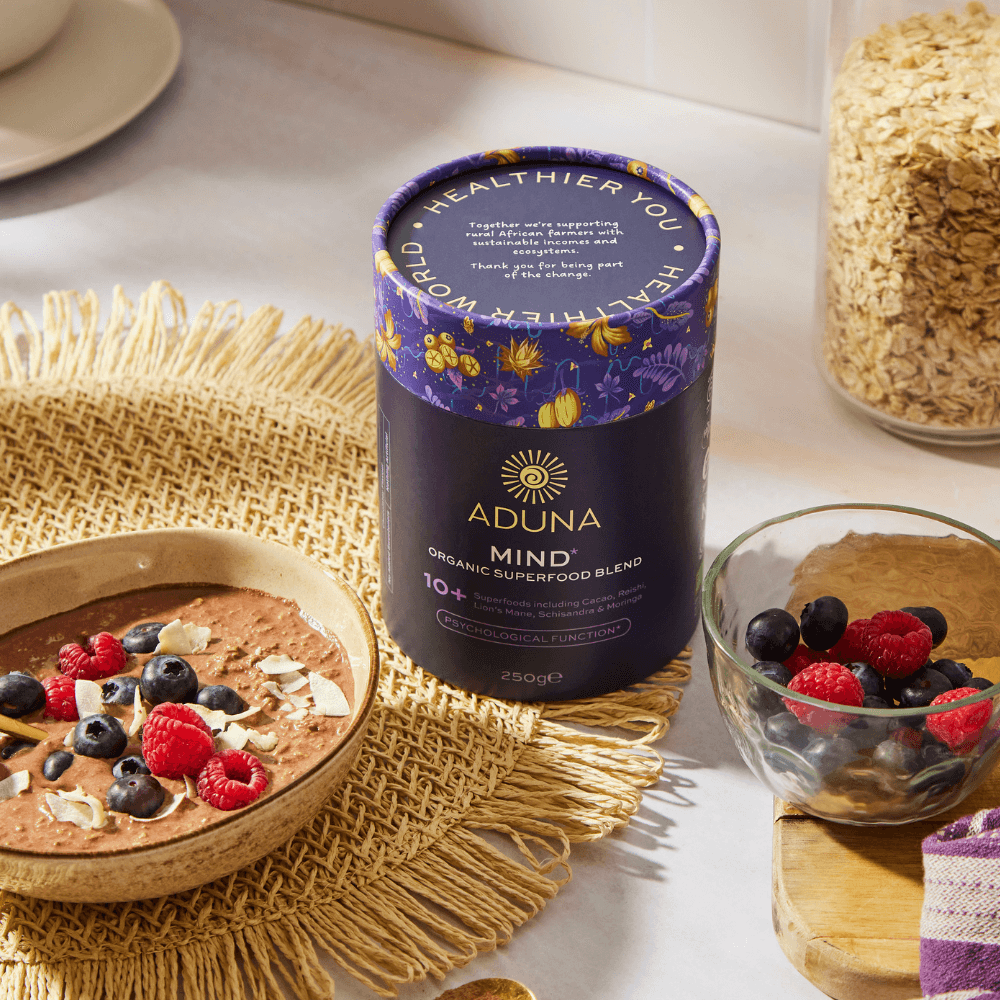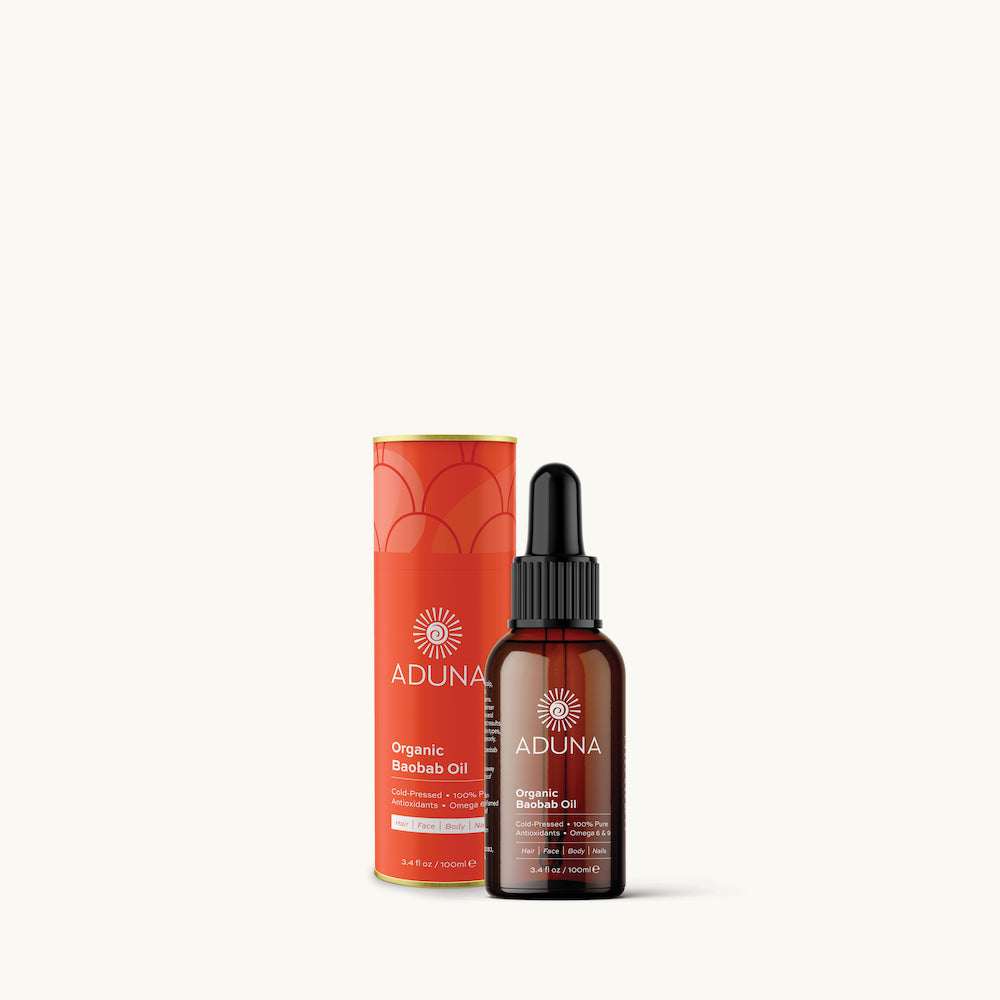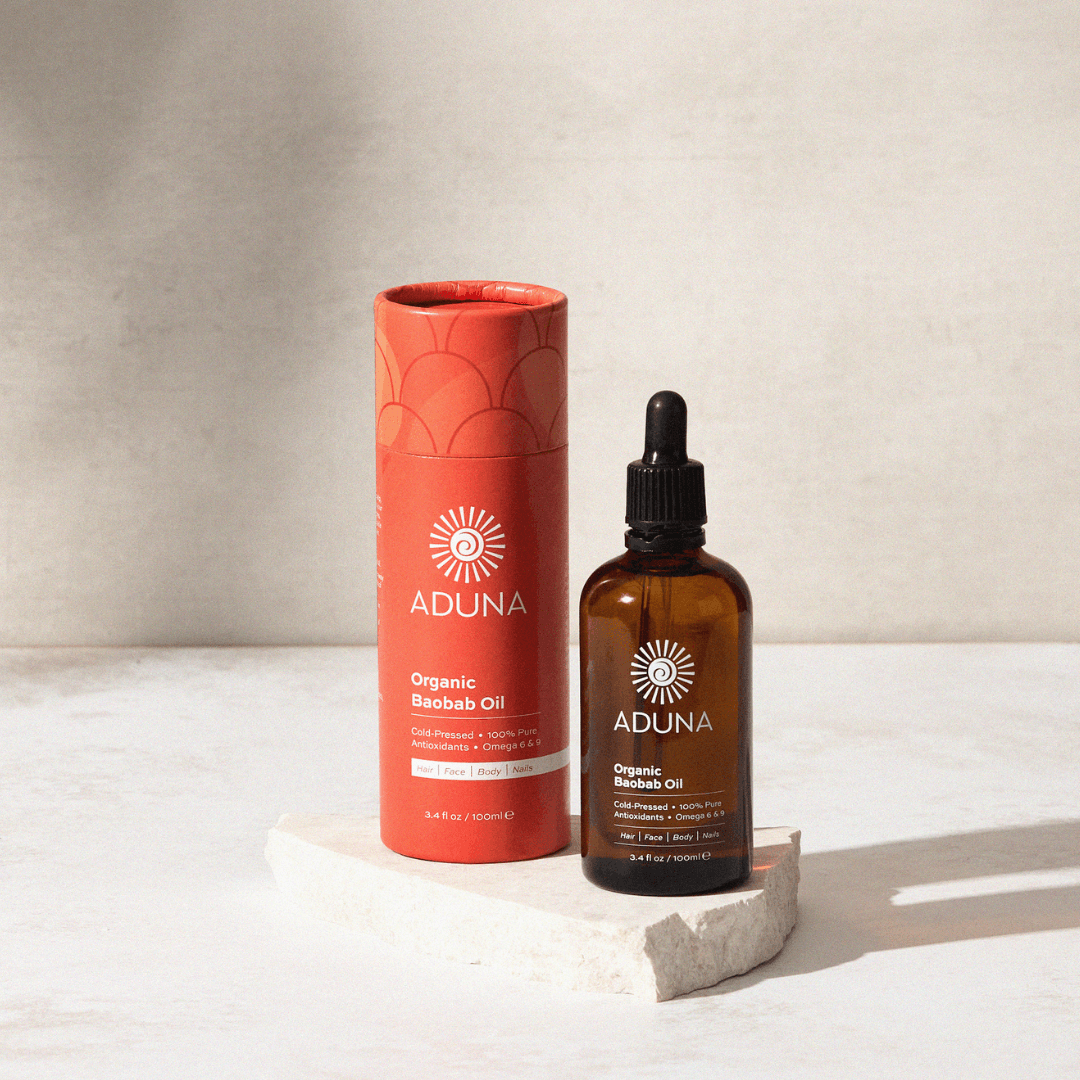Drought-stricken Upper East Ghana where Aduna’s baobab fruit supply chain is based, is one of the most remote areas in rural Africa. Here, 90% of people live in extreme poverty and hunger and malnutrition is rife. The women in Upper East are particularly marginalised – with no rights to land or property and high illiteracy levels.
Families produce their own food to survive but they aren’t able to grow crops during the long dry season. There are few ways in which women can earn an income with their choices limited to collecting firewood which does not pay well and damages the environment – or spending large chunks of the year away from home.
Empowering women through baobab
One of the few rights women have is ownership of the trees and their produce. This includes baobab trees, which grow wild in the most remote, rural parts of 32 African countries. The baobab is a prehistoric species which has adapted to its environment over time, enabling it to survive in the African savannah where all around is dry and arid. Its fruit is one of the most nutrient-dense in the world - a rich source of vitamin C, almost 50% fibre and high in antioxidants - a genuine, 100% natural superfood.
Empowering women to harvest and process their baobab fruits, which ripen in the dry season, provides a much needed source of income at a critical time of year.
Over 900 women producers in Upper East Ghana are already working with Aduna to harvest their baobab fruits. A further 200 women are also employed in our processing centre, receiving transformative additional income streams.
Our case studies have shown an increase in annual income from £9 to £119, enabling the women to provide food, education, healthcare and other basic needs for their families. While it may not seem like a lot in the West, for families living a subsistence lifestyle, this additional income is truly transformative.
There are 800,000 women in Ghana – and 10 million across Africa – who can provide baobab fruit from the existing crop alone, which grows so abundantly, it currently goes mainly to waste.
All we have to do is keep creating the demand - which is where Aduna's #MakeBaobabFamous campaign comes in.
Watch: one rural household
This beautiful two minute film shows the impact baobab can have on just one household in rural Africa.
Meet Matilda Avoadochega, a member of the Abolo Women Group. Matilda lives with her 3 children and 2 grandchildren, and is just one of the women producers we are working with in Northern Ghana.

